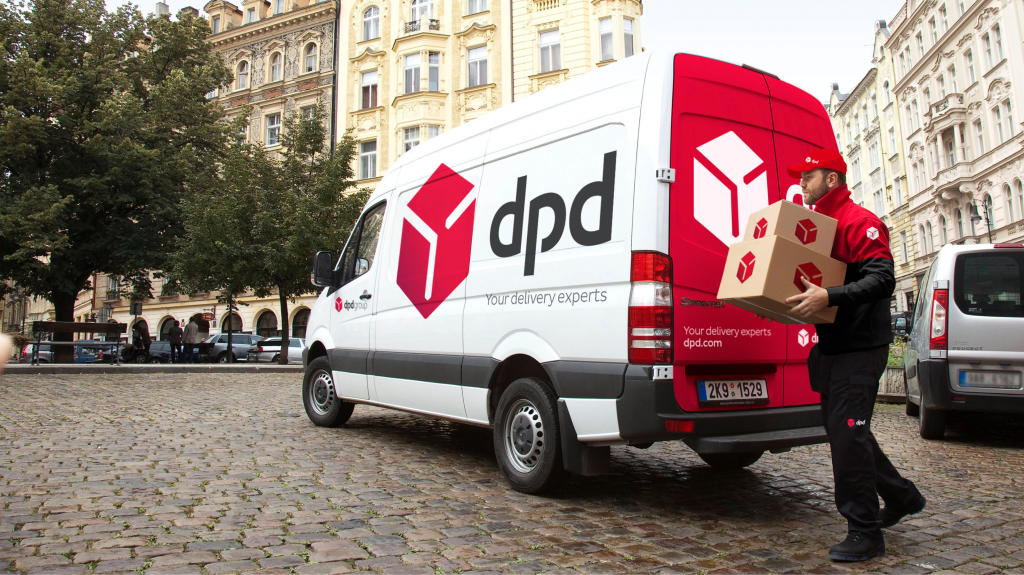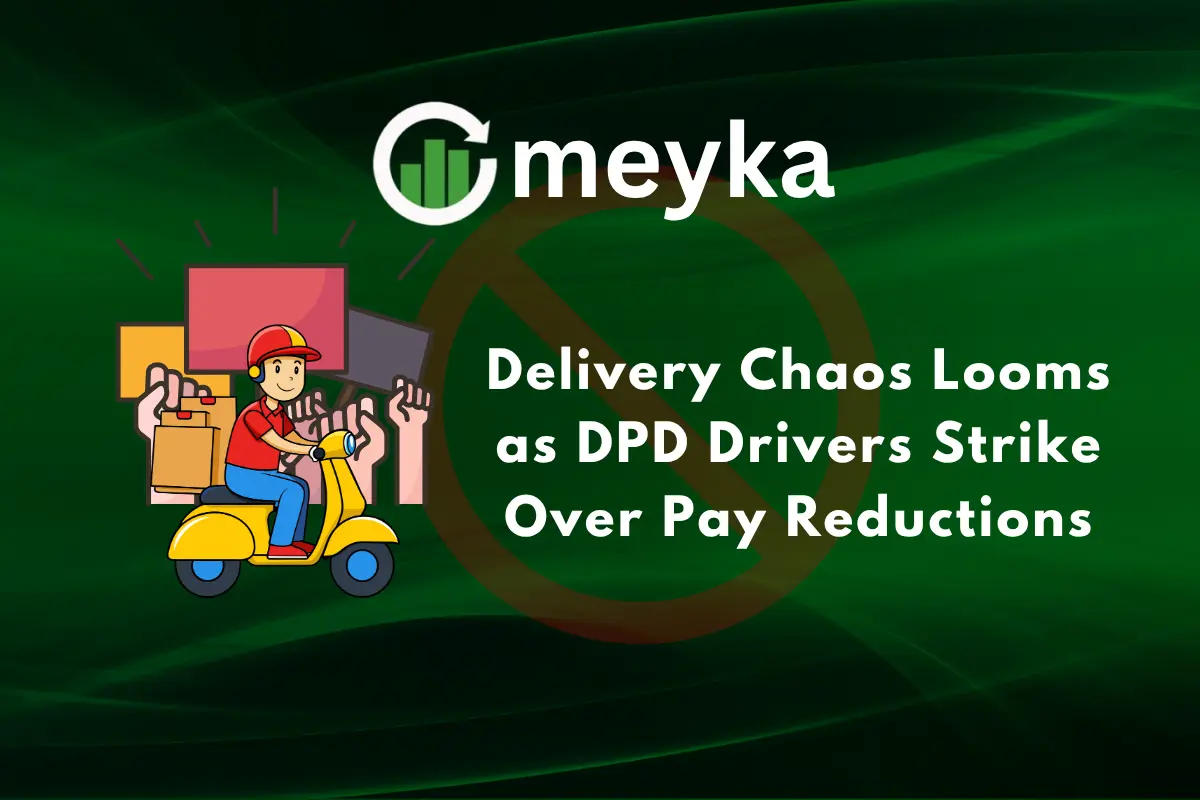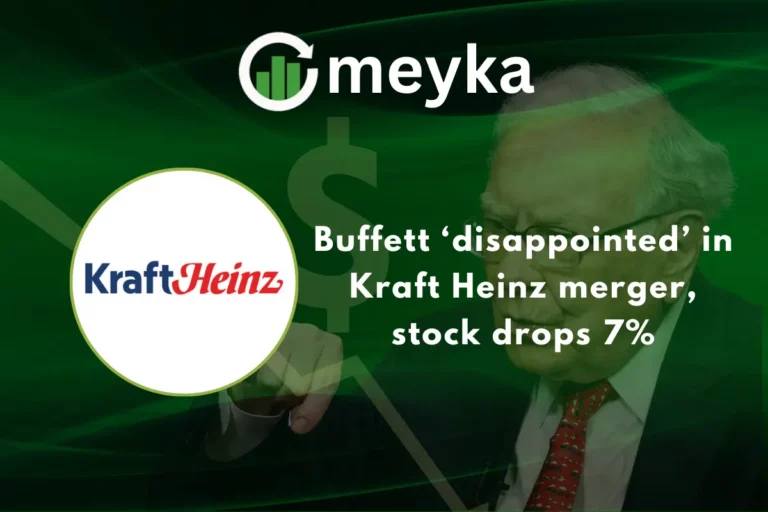Delivery Chaos Looms as DPD Drivers Strike Over Pay Reductions
On 7 October 2025, DPD couriers across the UK began a three-day strike in protest. The company has announced cuts of 65p per parcel for small deliveries, a move many drivers warn will severely erode their income. We often take delivery networks for granted. When we order something online, we expect it at
our door on time. But behind that seamless service are drivers who carry heavy loads, face tight schedules, and rising costs of fuel and maintenance. Now, many feel they are being squeezed again.
Let’s explore how the dispute reached this stage. We look at the pay changes that triggered anger. We show how deliveries and businesses may suffer. We also share what DPD management says and how the public is reacting. Together, we will see whether this standoff can be resolved or whether chaos will follow.
Background: DPD and Its Operations

DPD is one of the United Kingdom’s biggest parcel carriers. The firm handles millions of parcels each month for retailers and consumers. Many of its couriers work as self-employed partners or franchisees. They earn money per stop and per parcel rather than through a fixed salary. This model gives DPD flexibility but also shifts earnings risk onto drivers. The company reported strong profits in recent years, while last-mile margins came under pressure across the sector.
The Cause of the Strike
In late September 2025, drivers were told of cuts to payments for small-parcel deliveries. The change reduces the rate for many stops by 65 pence. Drivers say the cut will slash annual earnings by thousands of pounds for those who handle large volumes of small parcels. Many drivers also reported the removal of a previously paid seasonal bonus worth around £500.

Company managers argue that the change reflects shifts in parcel mix and introduced incentives elsewhere. Drivers and local reporters say talks collapsed and anger spread through informal chat groups and depot meetings.
The Strike Action and Its Scope
Action began on 7 October 2025. Around 1,300-1,500 drivers are estimated to have refused to operate for three days. The action covered depots across England, Wales, and Scotland. Some protests were local and spontaneous. In many places, drivers left vans idling outside depots or lined up in driveways as a form of demonstration. Organisers used social media and messaging apps to coordinate their efforts.
DPD described the action as the work of a “small number” of drivers and said it did not expect major disruption. Local newsrooms and union watchers warned that the stoppages could affect thousands of parcels if they continued.
Impact on Deliveries and Businesses
The strike threatens timely delivery for consumers, particularly as the busy season approaches. Retailers that rely on next-day or timed deliveries could face unhappy customers. Small businesses that cannot absorb delays may see returns and complaints rise. Some customers may need to wait days longer for items.
Alternative carriers may be overwhelmed if large volumes move away from DPD. That could push up prices and lengthen delivery windows across the market. Past strikes show that even short disruptions create bottlenecks through networks and cause backlog spikes. For some drivers, the financial hit from the rate change would be larger than the short-term income lost in three days of action.
DPD’s Response
DPD said the adjustments were intended to reflect “changes in the parcel traffic profile.” The company maintains that larger and heavier deliveries are unaffected and that new incentive payments will increase earnings for many drivers across the year. Executives also stressed contingency planning. Managers claimed the firm would reroute parcels and use temporary resources to limit delays.
After a meeting with driver representatives in early October, DPD agreed to postpone some changes until after the Christmas period in some reports, but firm commitments remained unclear. The company insisted it wanted to work with drivers to resolve concerns.
Public and Political Reactions
Customers reacted quickly on social media. Some expressed anger about late Christmas deliveries. Others showed sympathy for drivers facing lower pay amid rising living costs. Local councils and MPs in affected constituencies urged negotiation to avoid a wider crisis.
Labour groups and unions highlighted the case as evidence of the pitfalls of gig and franchised labour models. Commentators debated whether consumers should accept longer delivery windows or demand greater transparency from retailers about who carries their parcels.
Wider Implications for the Delivery Industry
The dispute exposes deeper tensions in modern logistics. Many parcel firms have shifted to flexible, per-task payment models to control costs. That trend leaves drivers exposed to sudden rate changes. The resulting instability can damage public trust in parcel services. Retailers face a hard choice: either pay higher rates to secure reliable delivery or risk customer frustration.
The episode may also accelerate interest in automation, depot consolidation, and route optimization. Investors and analysts will watch cost management closely. Tools such as the AI stock research analysis tool are already being used by market watchers to model how labour disputes and margin pressure could affect public carriers.
Possible Resolutions and Future Outlook
The fastest path to resolution is negotiation. Drivers seek a reversal or meaningful mitigation of the 65p cut plus reinstatement of the seasonal bonus. Management may offer targeted incentives, phased changes, or depot-level fixes. Independent mediation could help bridge the trust gap. If talks stall, further action is possible.
Retailers should prepare contingency plans and update customers about likely delays. Regulators and policymakers may also take a closer look at franchise models if disputes become common in the sector. For now, market watchers expect a temporary deferral of the harshest measures until after the peak season, but long-term reforms remain uncertain.
Closing Thoughts
The dispute between DPD and its drivers is not only about a small payment per parcel. It is about the balance of risk and reward in the gig-style delivery economy. Short-term fixes can calm tensions, but sustainable change requires clearer pay frameworks and better dialogue.
Consumers and businesses will feel the effects if the conflict stretches into the holiday peak. The coming weeks will test whether management and drivers can reach a deal that preserves service reliability while keeping livelihoods viable.
Frequently Asked Questions (FAQs)
DPD drivers began striking on 7 October 2025 because the company cut pay by 65p per small parcel. They say this change reduces their income and fairness.
The DPD strike started on 7 October 2025 and will last three days. Drivers plan to return to work on 10 October 2025, unless talks fail.
Yes, some parcels may arrive late between 7-10 October 2025. Fewer drivers are working, so deliveries and collections in certain UK areas could face short delays.
Disclaimer: The above information is based on current market data, which is subject to change, and does not constitute financial advice. Always do your research.






